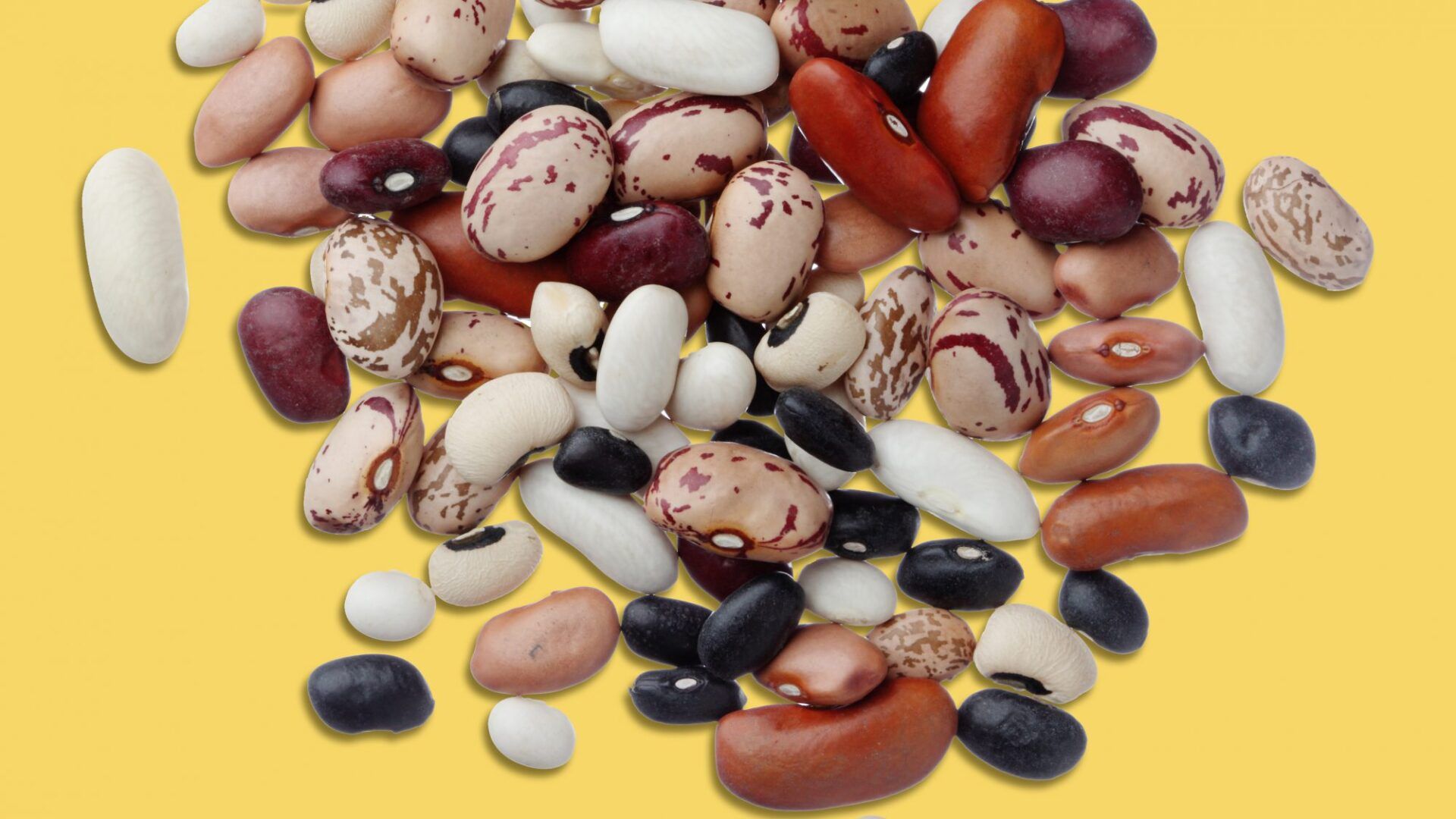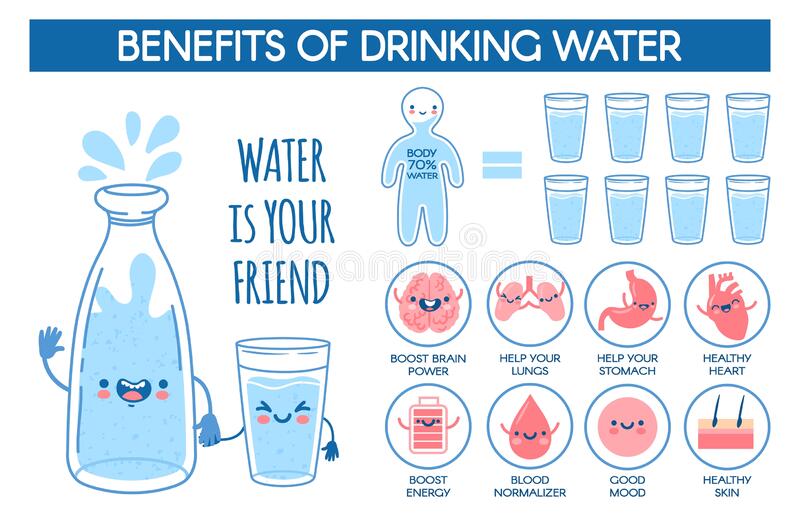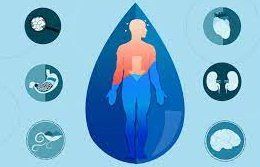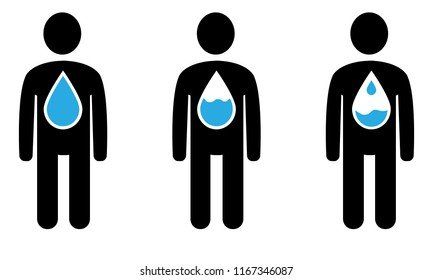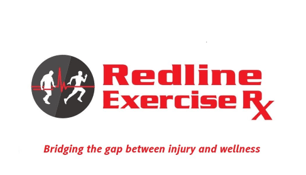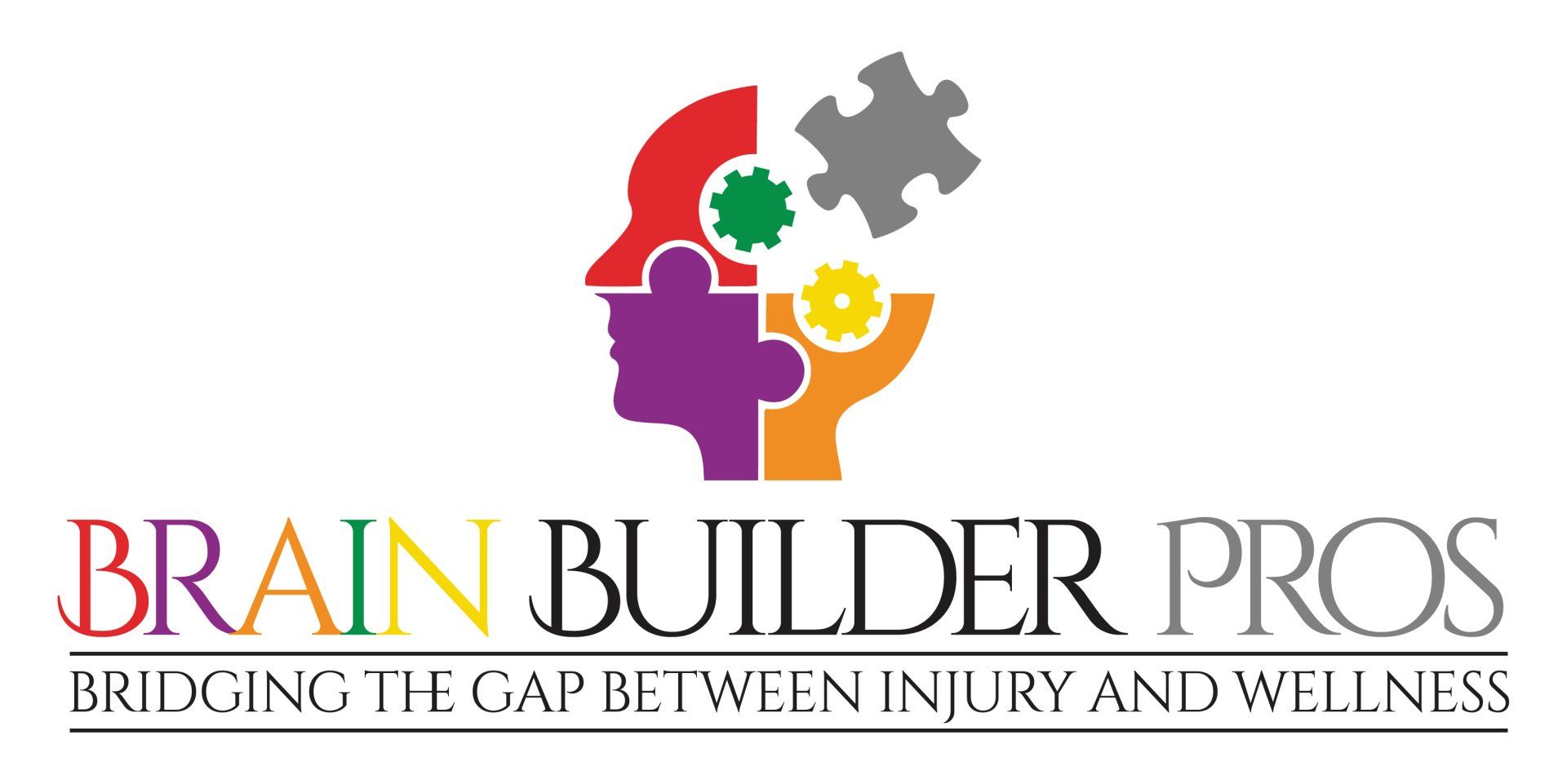Water and Physical Health
Pamela Redline
March 3, 2022

Continuing our Water Dare series, let’s talk about our bodies. Did you know that water accounts for up to 60% of your body? About two-thirds of that percentage are contained within your bodies cells, and the remaining is housed outside of the cells.
Think about that a minute. If 60 % of your body is weight is water, and 66% of that is contained in your cells, imagine the impact not drinking enough water can have on your bodies cellular functioning system. You may be wondering what exactly your cells do. In the simplest of terms, “the body’s functions are ultimately its cells’ functions” (National Cancer Institute).
For example, the functioning of your cells affects the functioning of your metabolism, which is where substances are broken down to produce energy. Do you recall how our first post mentioned fatigue or sluggishness is a common symptom of dehydration? Cellular functions also affect movement within the body. This includes your muscular movement (yes, dehydration leading to less functioning cells can lead to muscle cramps) and blood movement (yes, dehydration can lead you to feel cold due to slowing of blood circulation).
Another important aspect is our ability to breath when exerting energy. Our bodies cells affect the movement of our diaphragm as well as working to exchange oxygen and carbon dioxide. So, what does this mean? It means that your workout routine can become extra difficult if your body is not already well hydrated when you start. Diaphragmatic breathing is the deep breathing we want when we work out. It is the abdominal kind of breathing that reaches into our bellies rather than into our chest. The slowing of the cellular exchange of oxygen (when we breath in) and carbon dioxide (when we breath out) means we have more difficulty when breathing in general.
According to experts, mild dehydration occurs when we have water loss that is as little as 1-2%! The problem is, every body is different. And, while we can dole out general guidelines, science is not able to tell us exactly how much water we need to drink for optimal cell functioning. That’s why it is uber important to start tracking your water and noting how your body responds when you drink more. Knowing your sufficiently hydrated can be difficult, but check back in with our first post on symptoms and signs you may be dehydrated. Even experiencing these effects minimally means that you’re on the path to having major issues stemming from dehydration.
All in all, drinking a sufficient amount of water each day is crucial for quality of life. Make the change with us! In our last post, we challenged you to begin keeping track of how much water you are currently drinking. Today, we challenge you to step onto the path of improving your brain functioning by consciously drinking an extra cup or two of water each day.
Interested in delving into the cognitive effects of dehydration? Click here to read the blog from our sister company, Brain Builder Pros.
References:
https://www.training.seer.cancer.gov/anatomy/body/functions.html
https://www.usgs.gov/special-topics/water-science-school/science/water-you-water-and-human-body?qt-science_center_objects=0#qt-science_center_objects
Tariq, S. (2004). Physician Misdiagnosis of Dehydration in Older Adults. Journal of the American Medical Directors Association.
Wittbrodt, M. & Millard-Stafford, M. (2018). Dehydration impairs cognitive performance: A meta-analysis. Medicine & Science in Sports & Exercise, 50, 2360-2368. https://doi.org/10.1249/MSS.0000000000001682
Quick Blurb:
Did you know that mild dehydration occurs within the body when there is a water loss that is as small as 1-2%?!
Approximately 66% of your cell makeup is water. That means dehydration has significant effects on your body’s cellular functioning. Imagine how even mild dehydration will affect how your body performs. Read this week’s blog to learn more about how not drinking enough water each day can have detrimental effects on your body through your cellular health.





